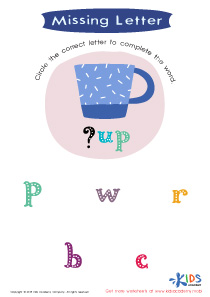Alphabet Recognition Kindergarten Alphabet Worksheets - Page 2
55 filtered results
-
From - To
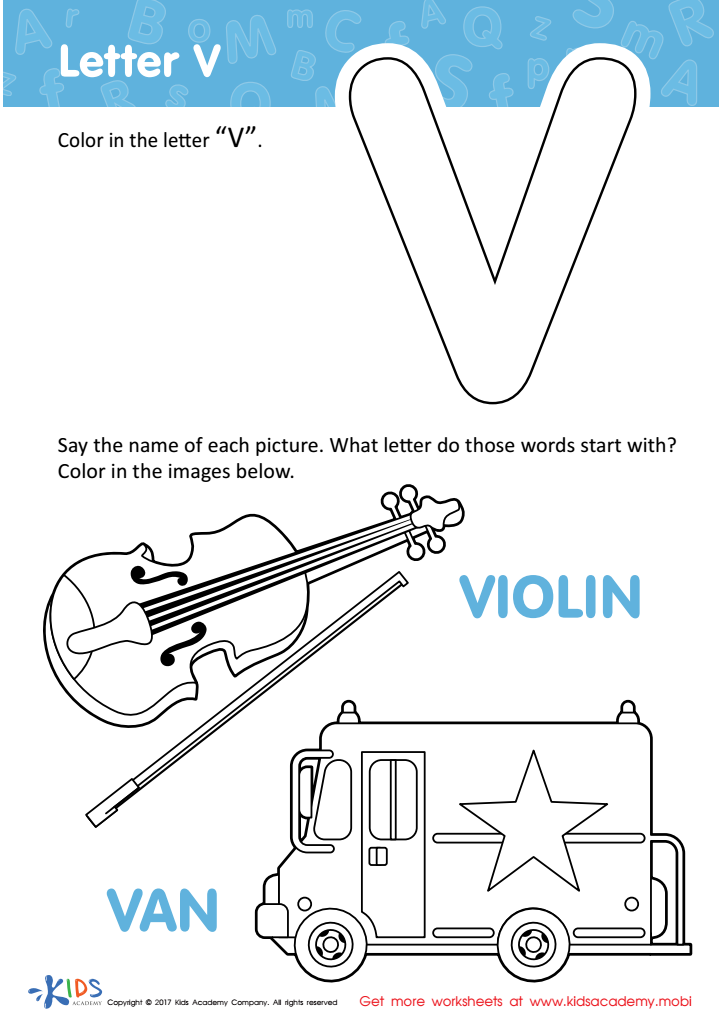

Letter V Coloring Sheet
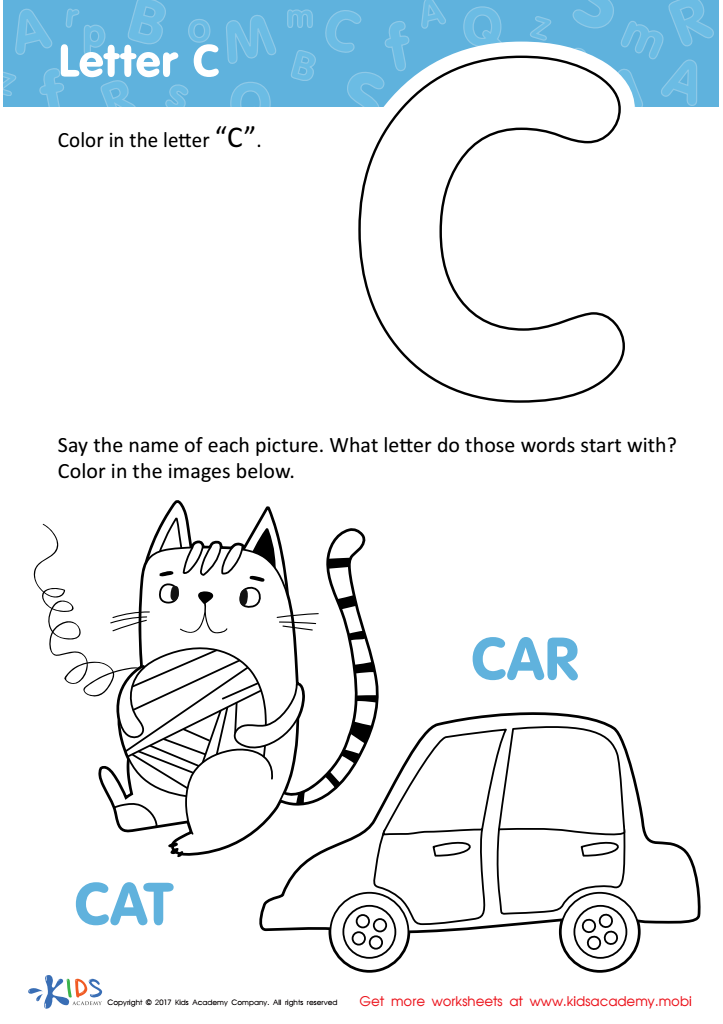

Letter C Coloring Sheet
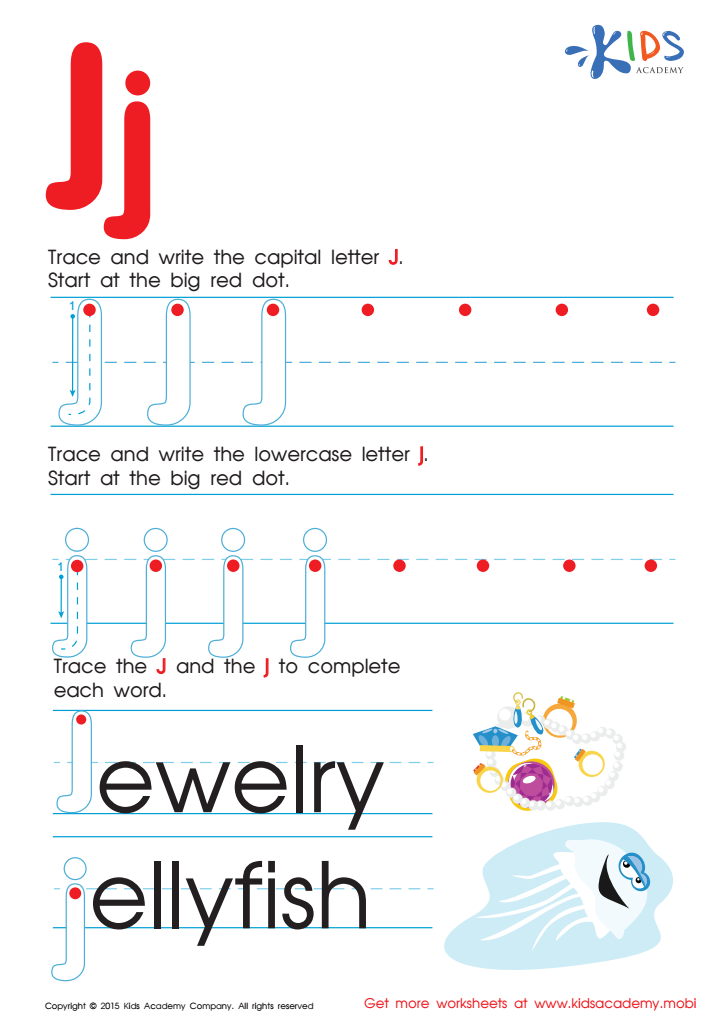

Letter J Tracing Page
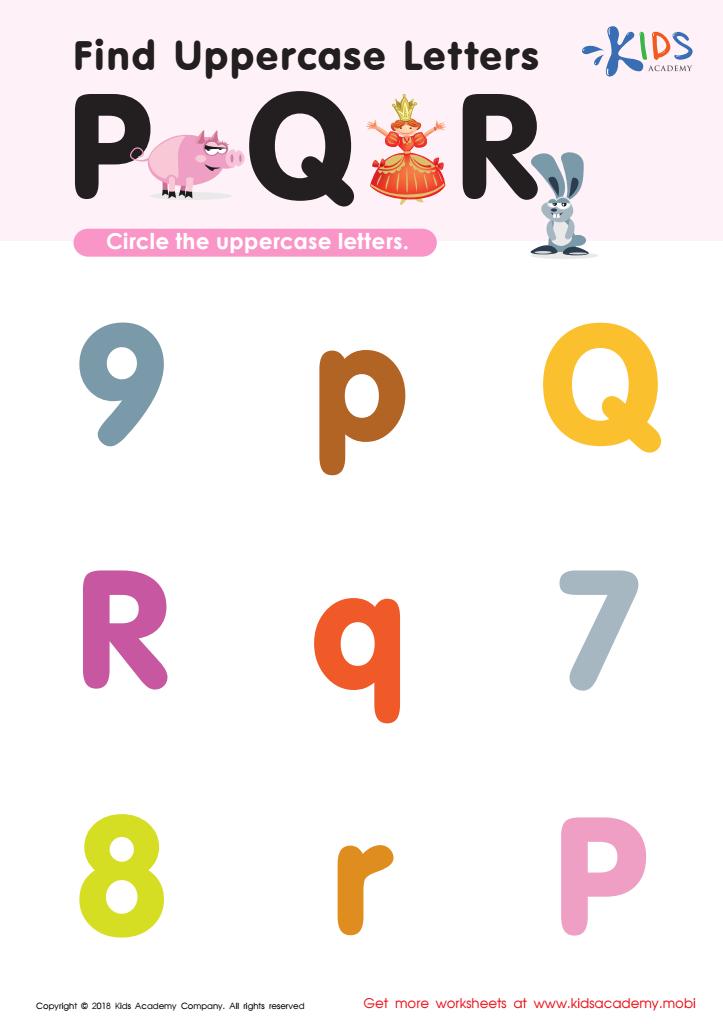

Find Uppercase Letters P, Q, and R Worksheet
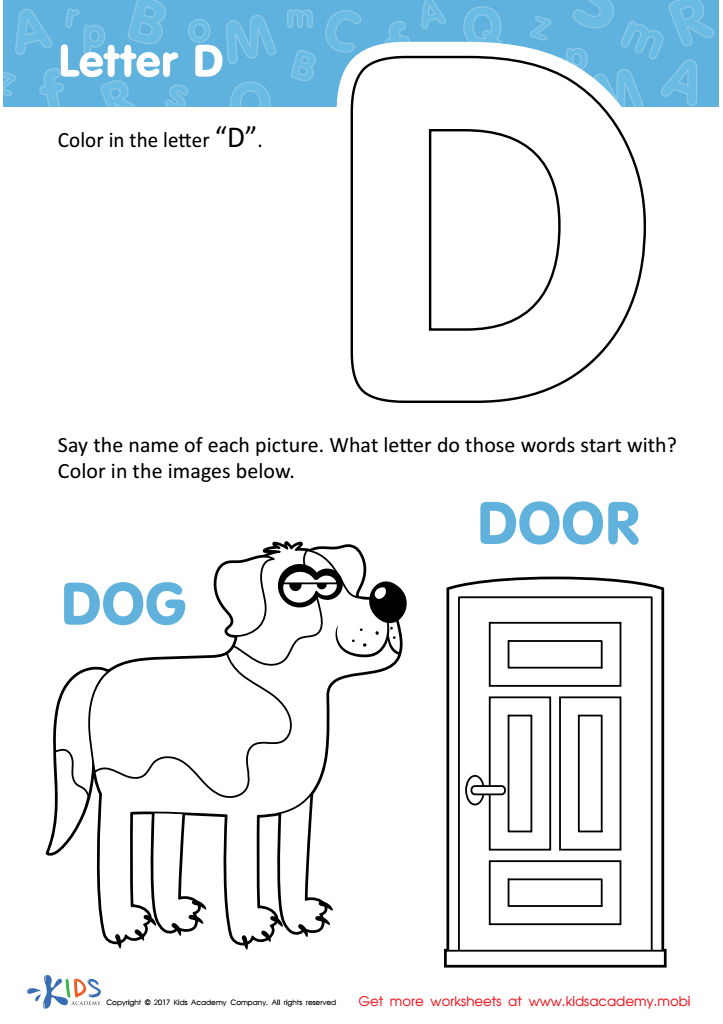

Letter D Coloring Sheet
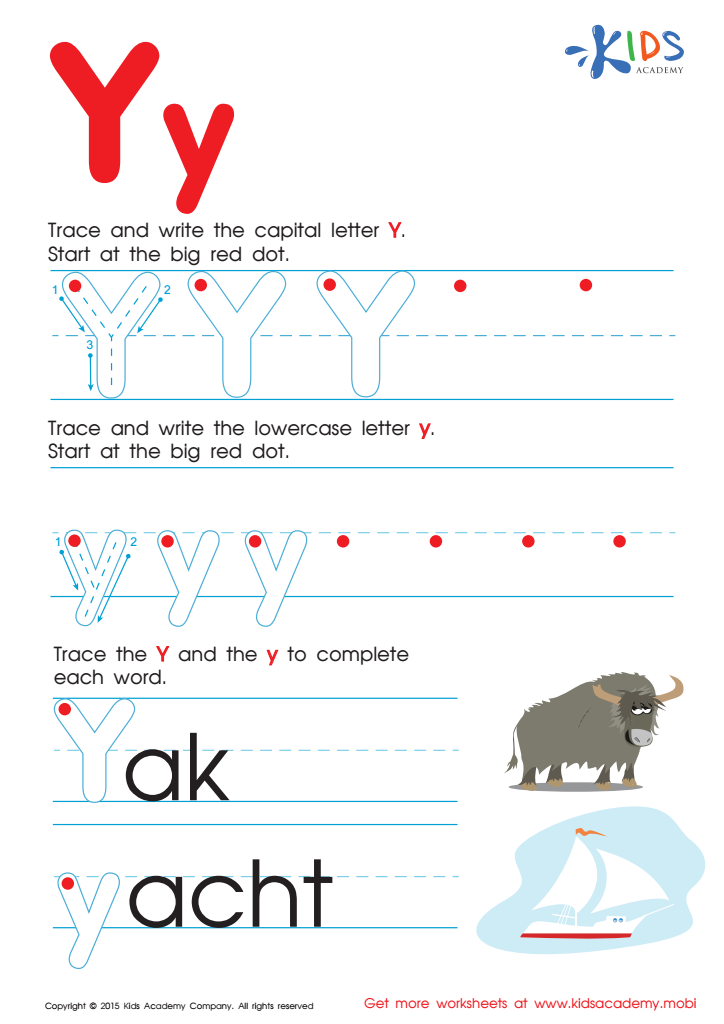

Letter Y Tracing Page
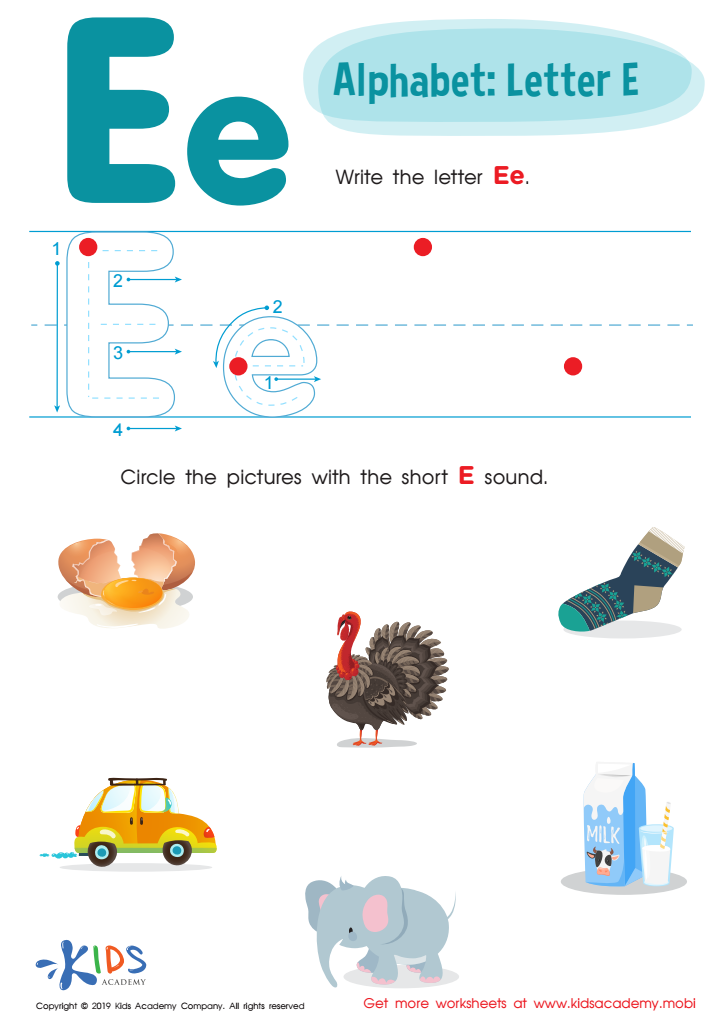

Letter E Tracing Worksheet
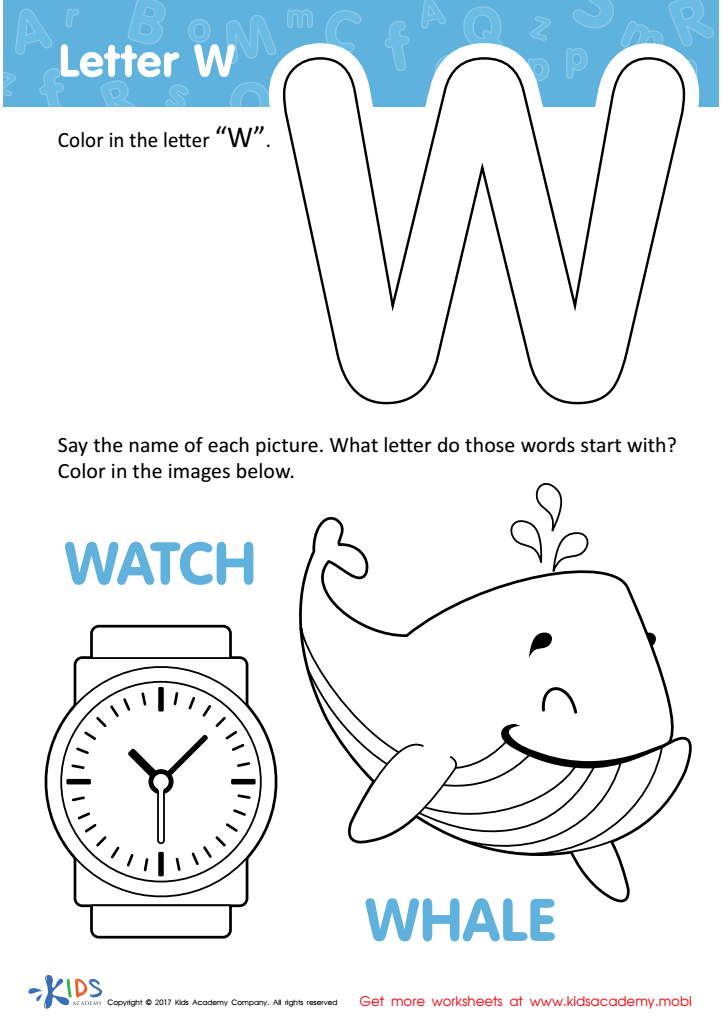

Letter W Coloring Sheet
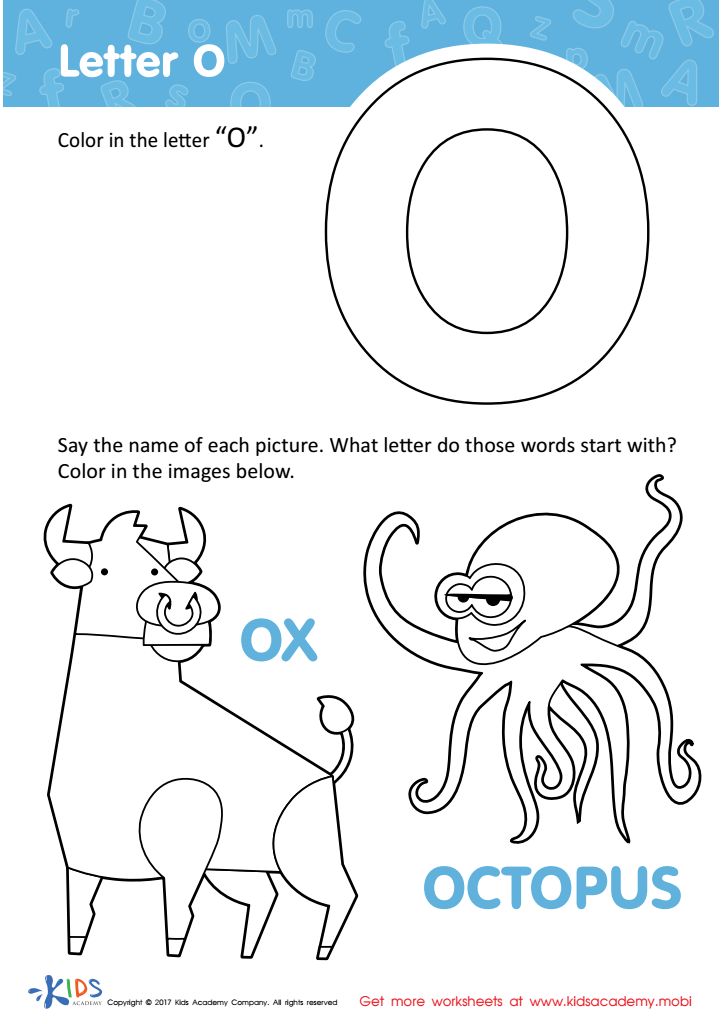

Letter O Coloring Sheet
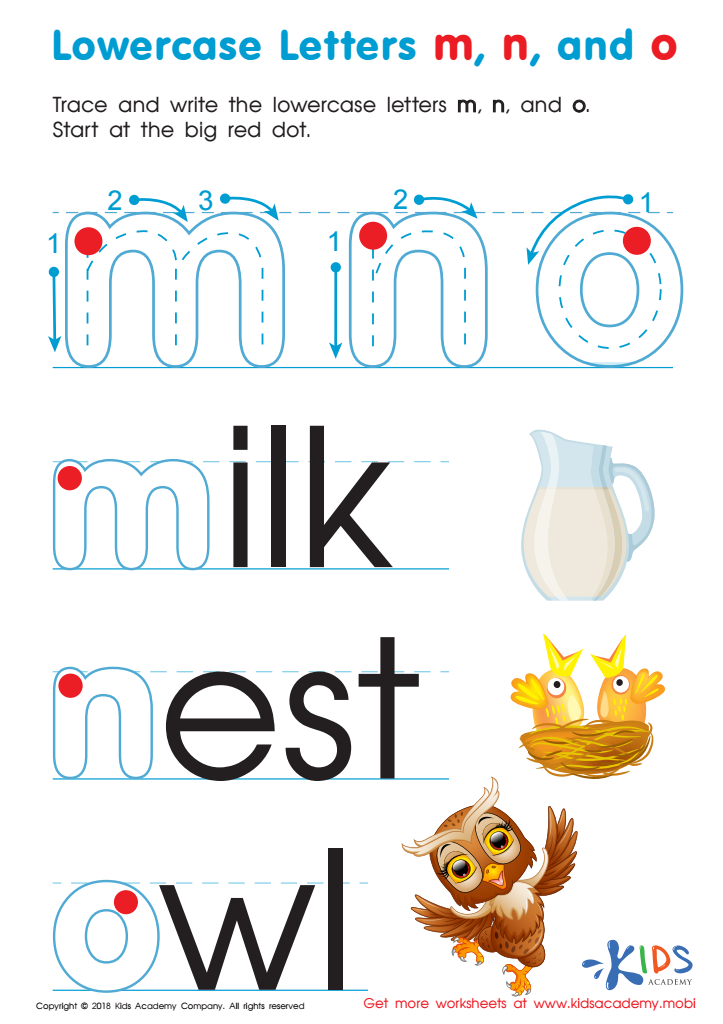

Lowercase Letters m n o Worksheet
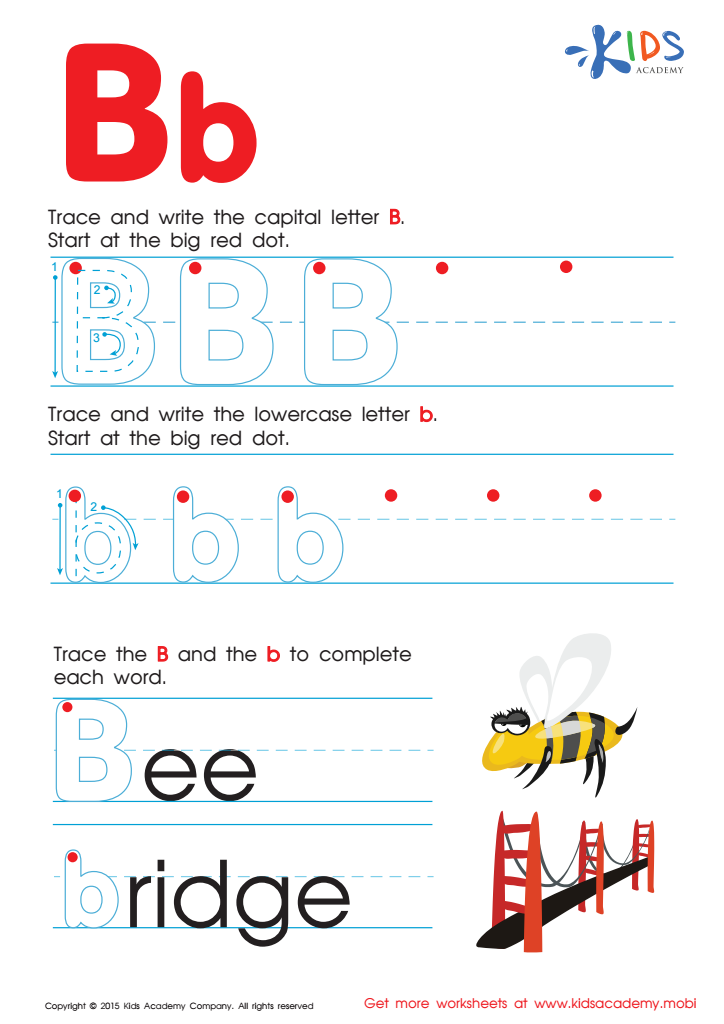

Letter B Tracing Page
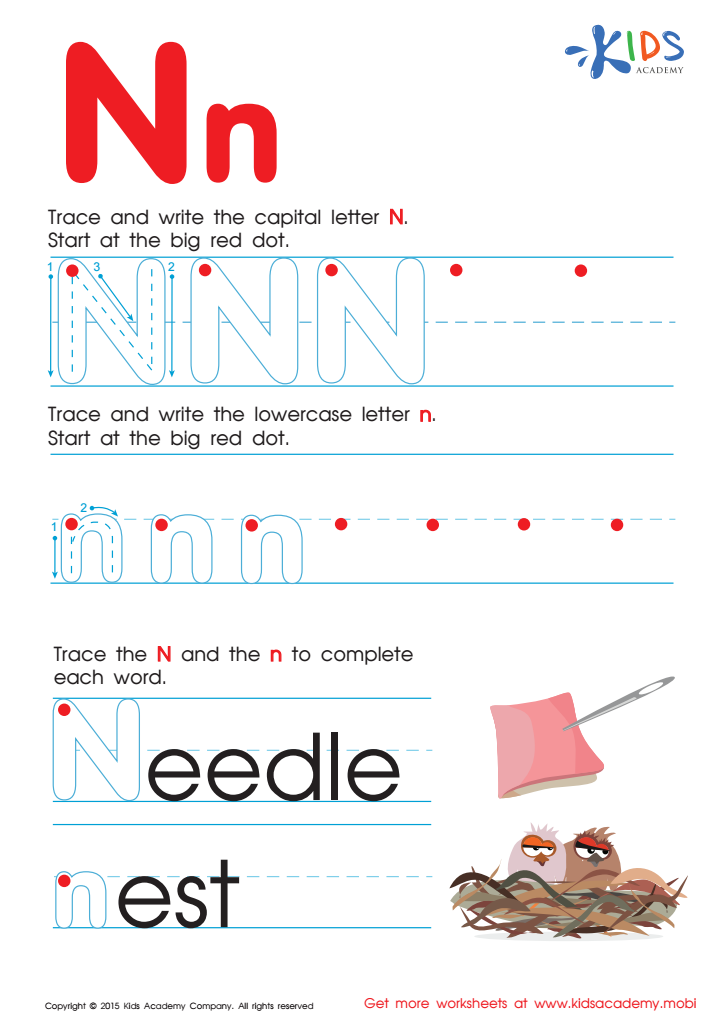

Letter N Tracing Page
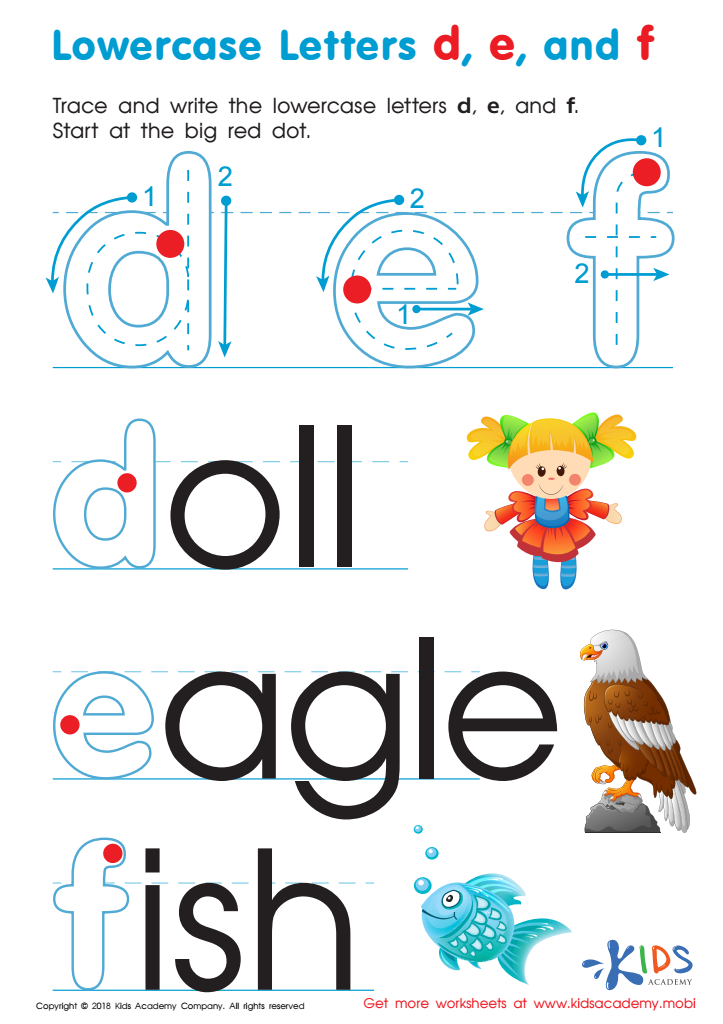

Lowercase Letters d e f Worksheet
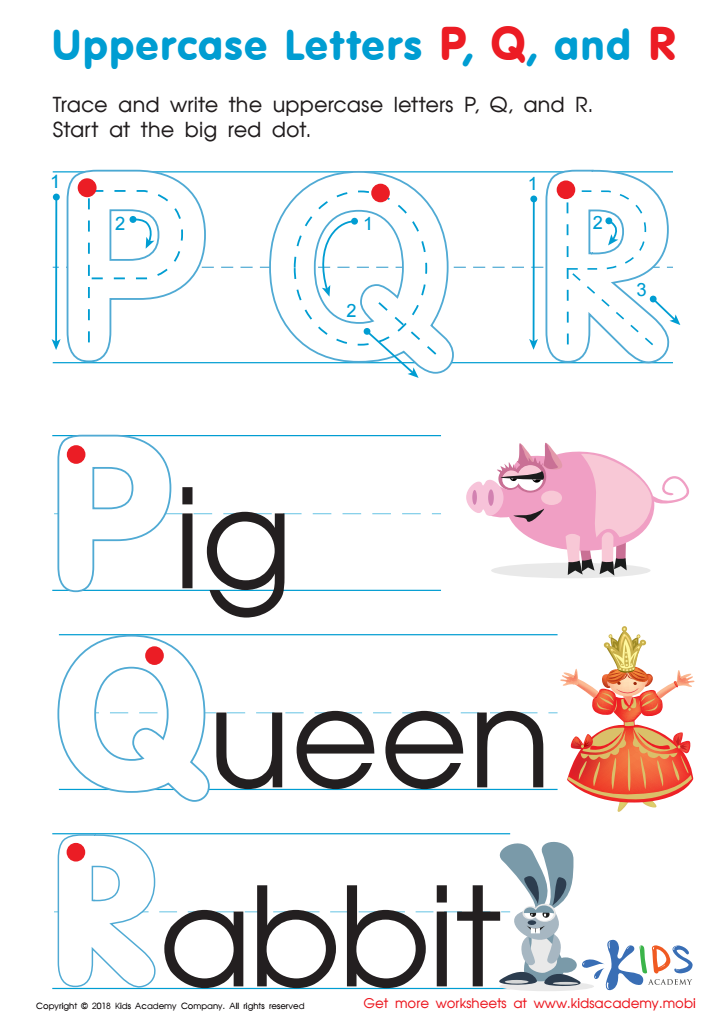

Uppercase Letters P, Q, and R Worksheet
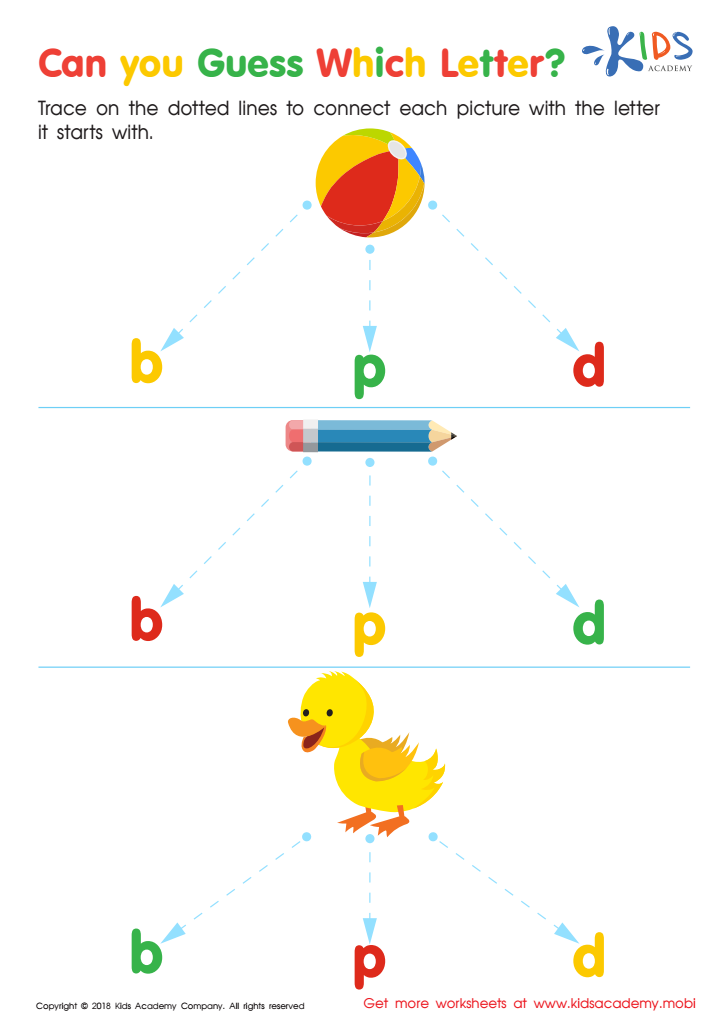

Can you Guess Which Letter? Worksheet
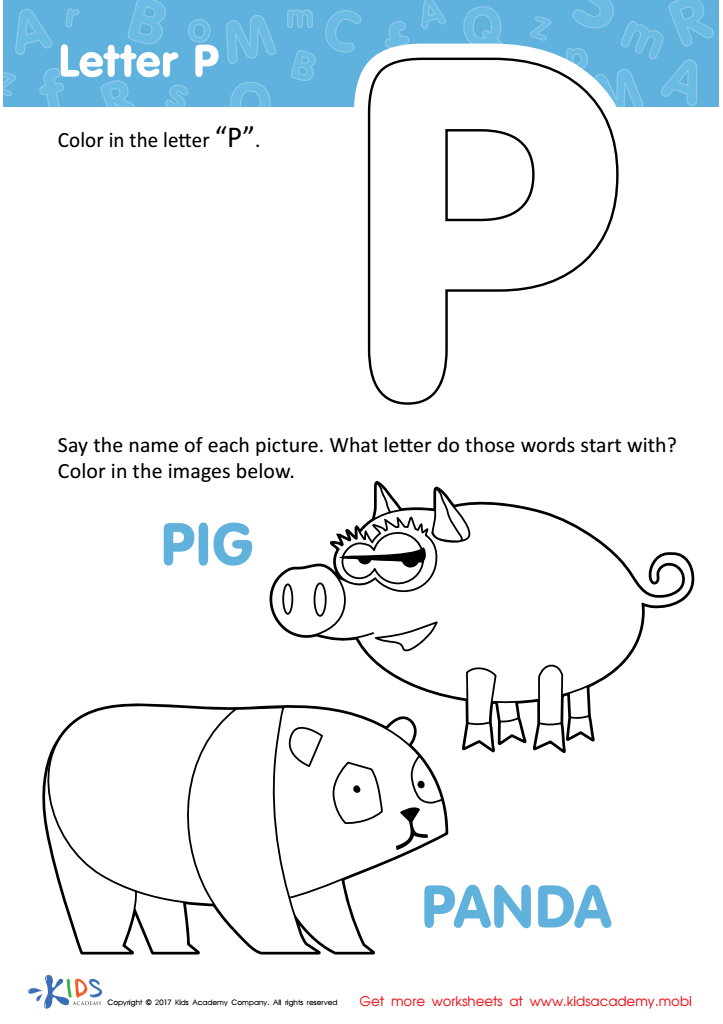

Letter P Coloring Sheet
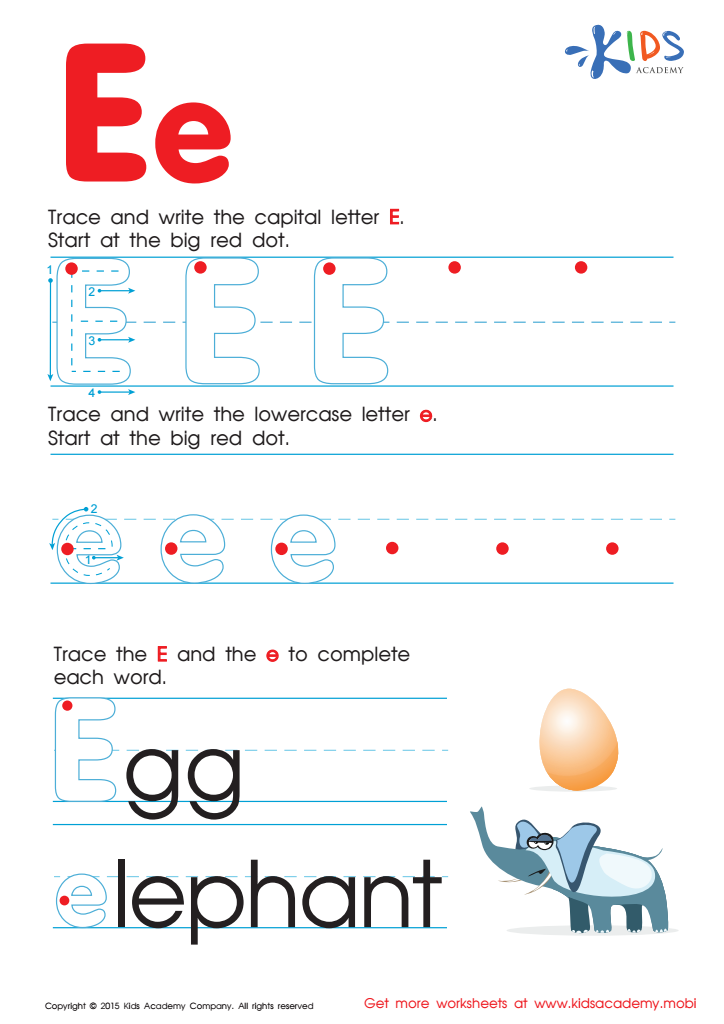

Letter E Tracing Page
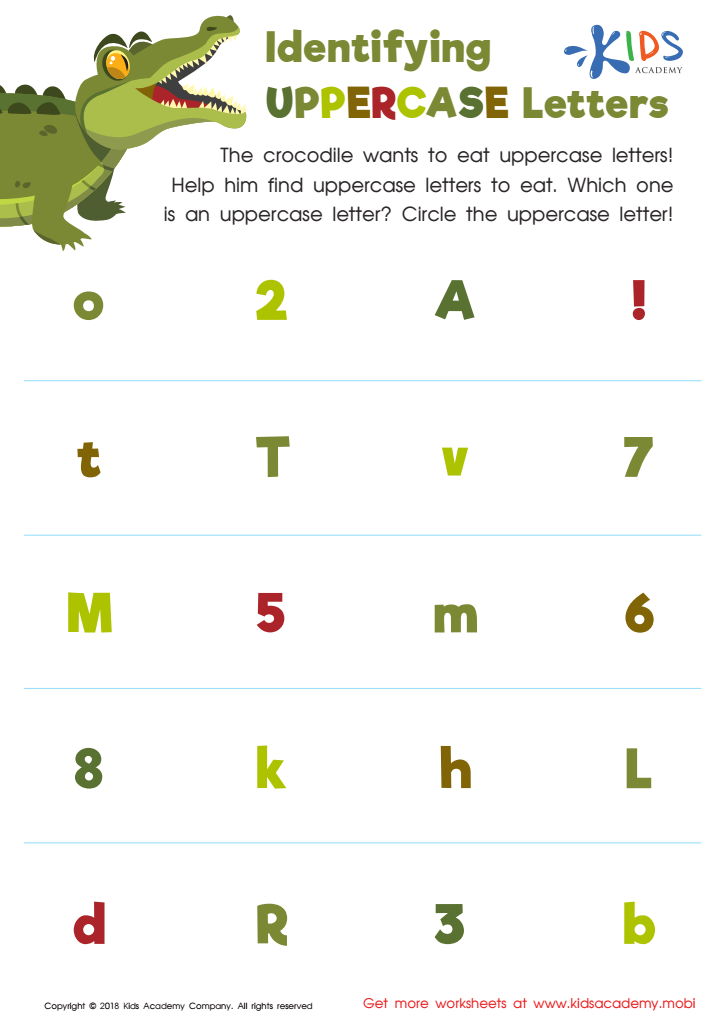

Identifying Uppercase Letters Worksheet
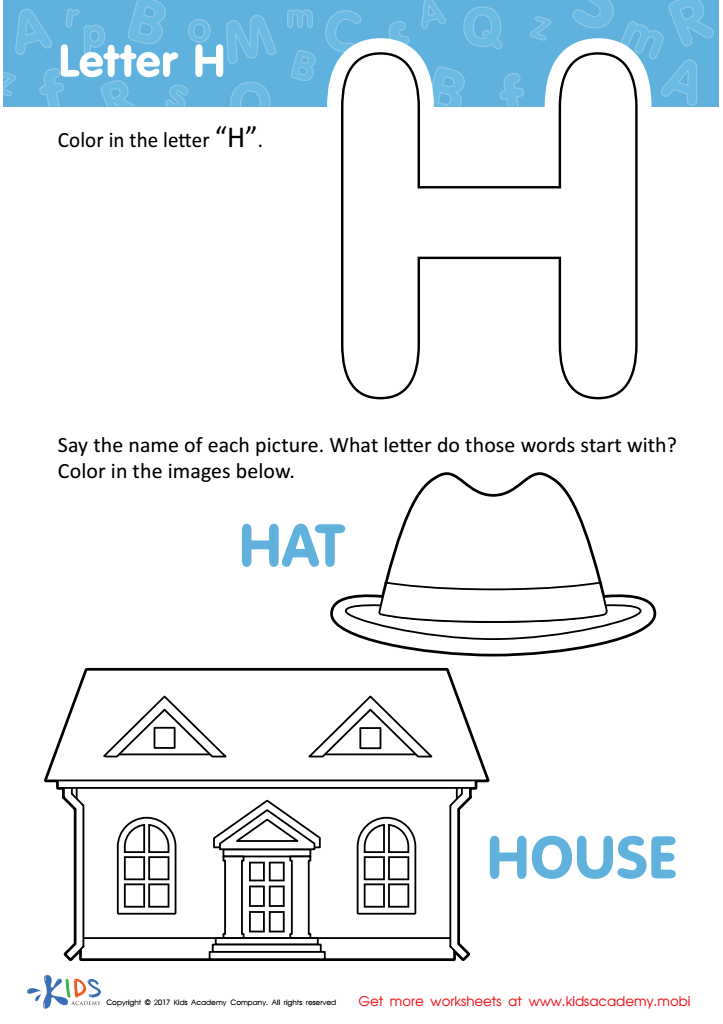

Letter H Coloring Sheet
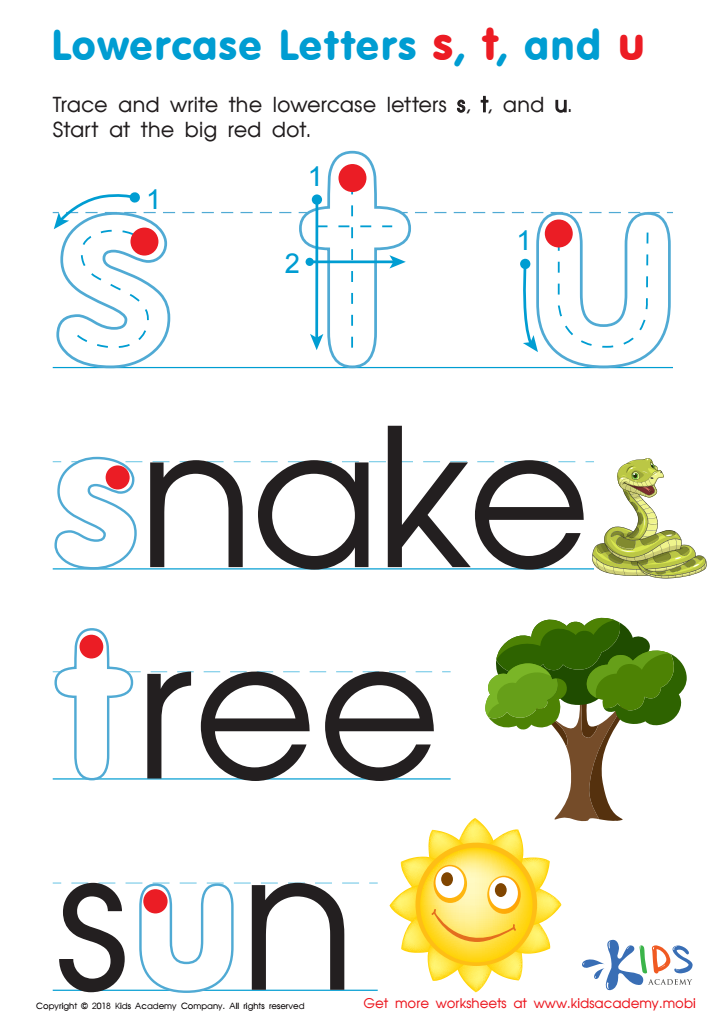

Lowercase Letters s t u Worksheet
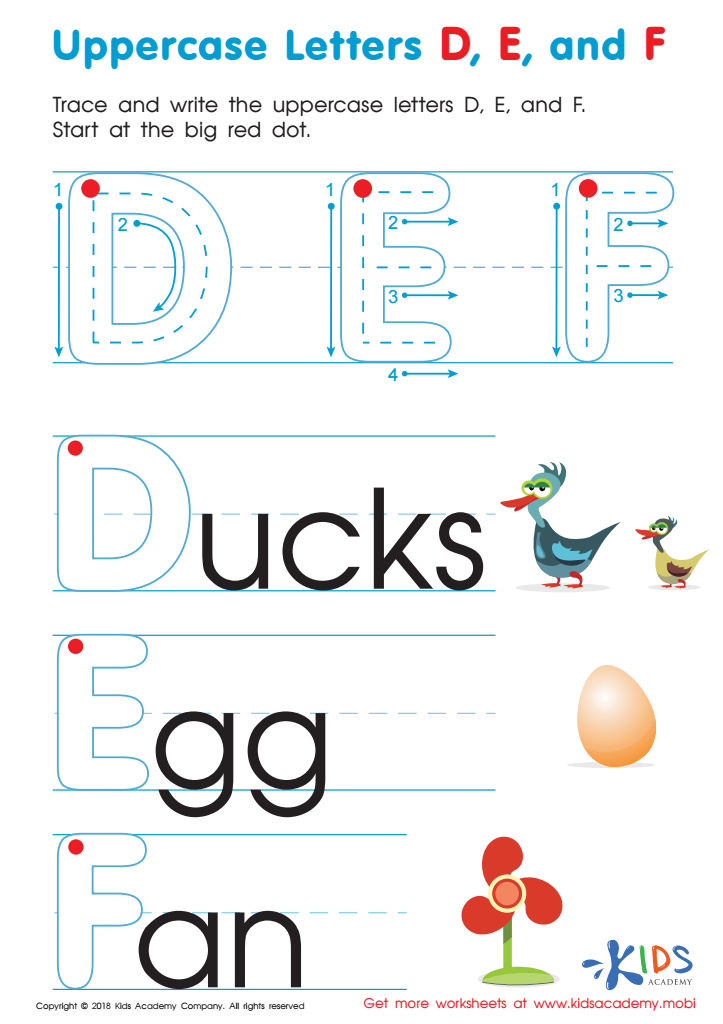

Uppercase Letters D, E, and F Worksheet
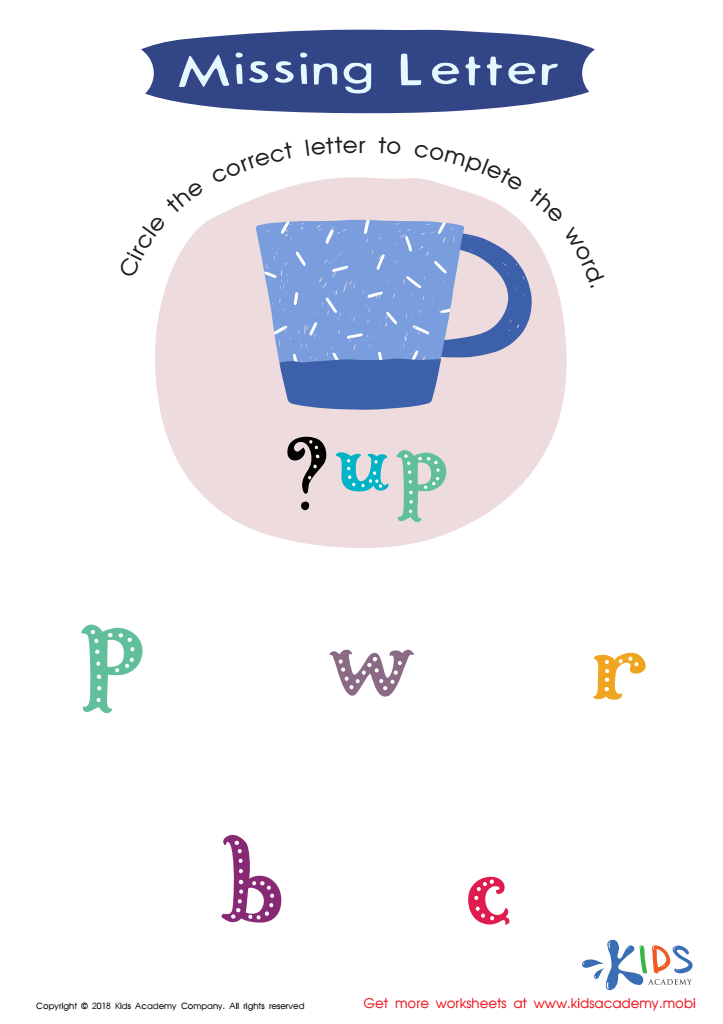

Missing Letter Worksheet
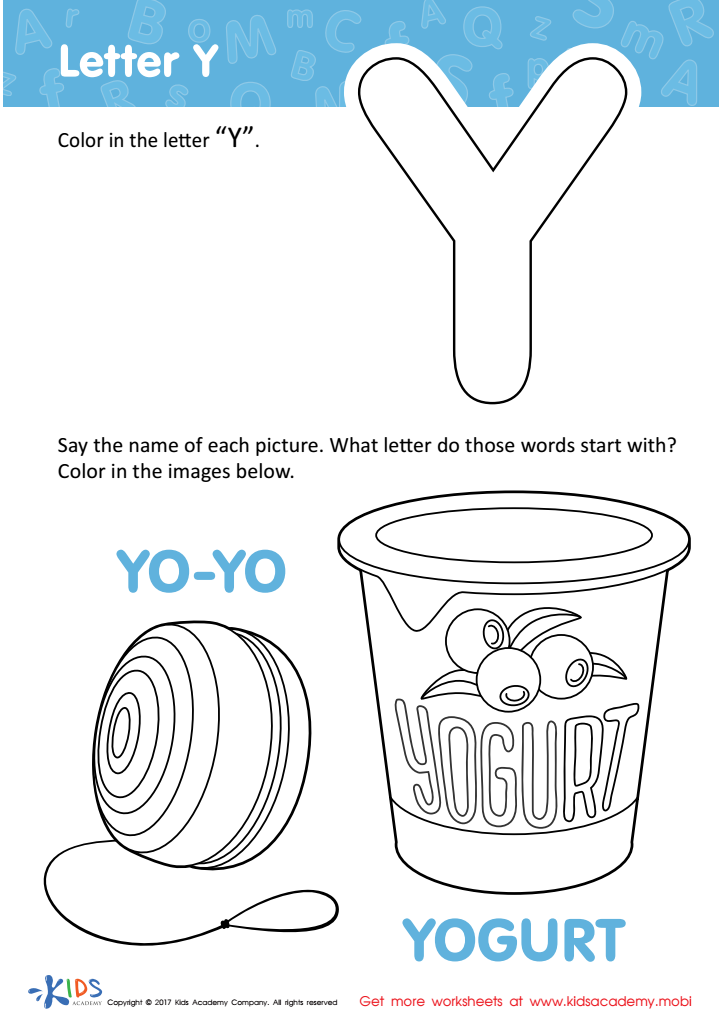

Letter Y Coloring Sheet
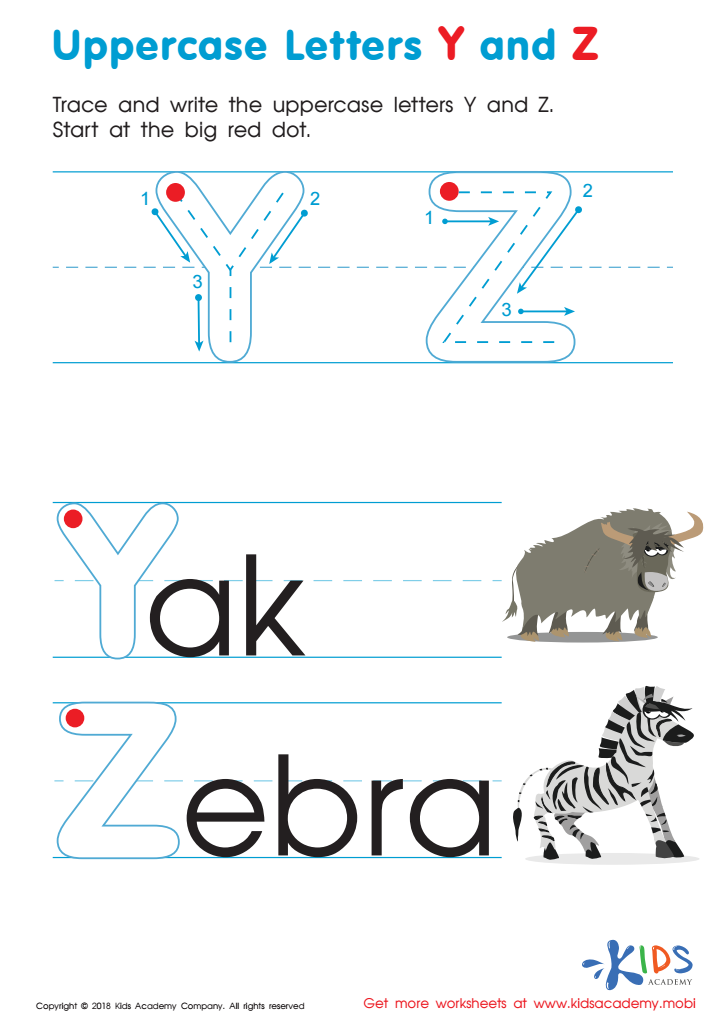

Uppercase Letters Y Z Worksheet
Alphabet recognition is a cornerstone of early literacy, which sets the foundation for future learning success. Parents and teachers should prioritize it in kindergarten because it is the first step towards fluent reading and writing. When children recognize and understand letters, they develop the ability to decode words, a vital skill for reading. This alphabet familiarity also underpins phonemic awareness, enabling children to connect letters with their corresponding sounds and eventually blend those sounds to form words.
Additionally, early alphabet recognition enhances cognitive development. It encourages memory retention, visual discrimination, and pattern recognition, all of which are crucial skills in academic growth. Knowing the alphabet also boosts a child’s confidence, making them more eager to participate in class and read independently. This sense of achievement fosters a love for learning that can last a lifetime.
Incorporating fun, hands-on activities like singing alphabet songs, playing matching games, or using letter manipulatives makes learning engaging and interactive. These methods can cater to different learning styles and keep young minds interested.
Ultimately, a strong grasp of alphabet recognition in kindergarten doesn’t just impact literacy. It cultivate the more extensive cognitive, social, and emotional skills necessary for a child’s academic journey and beyond.

 Assign to My Students
Assign to My Students











